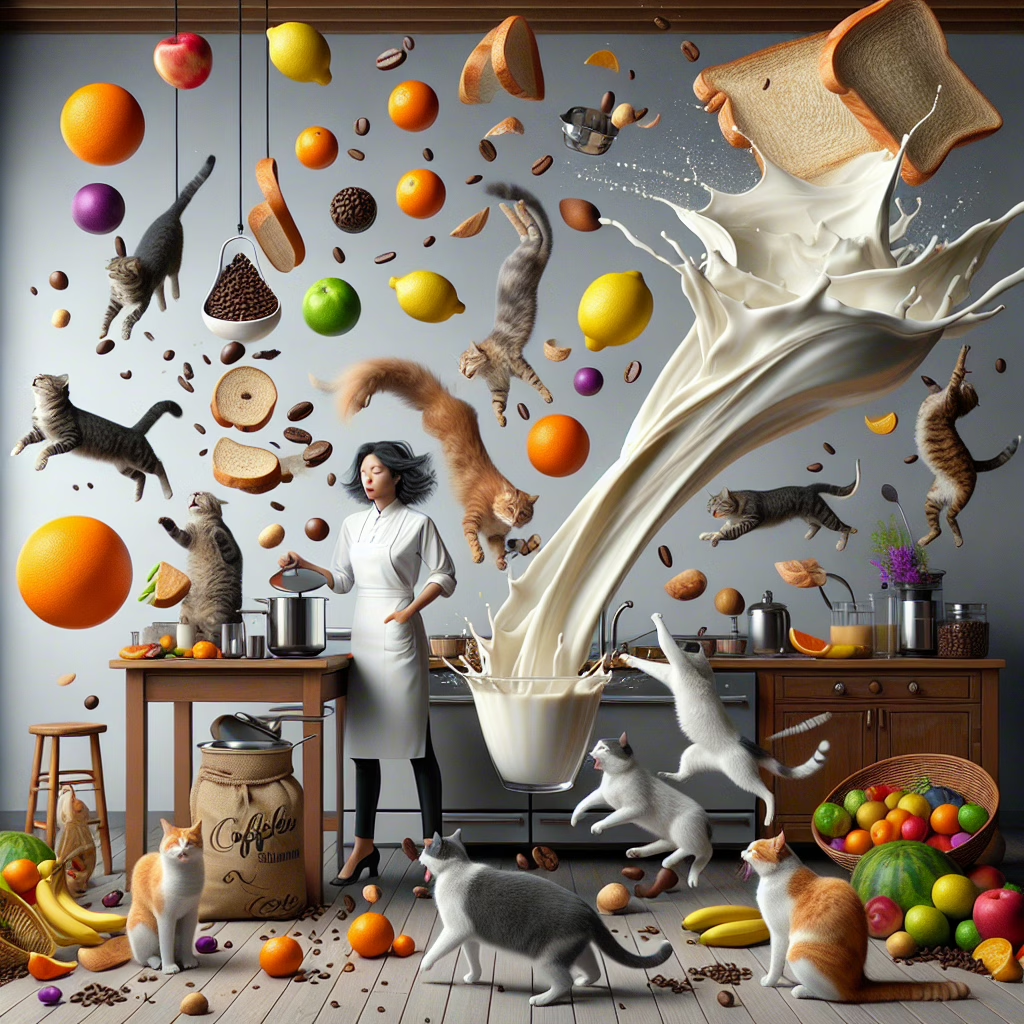Ever wondered why everything in the universe turns more complex? You know, from the simple act of brewing coffee to the vastness of galaxies swirling in the cosmos? It’s as if complexity is the universe’s favorite pastime! In this delightful exploration of chaos theory and complexity science, we’ll uncover how the universe seems to revel in turning everything into an intricate web of connections and chaos. Buckle up for a ride through time, space, and maybe a few brain cells.
The Symphony of Complexity
Let’s start with a little cosmic context. Complexity isn’t just a buzzword thrown around at dinner parties by people trying to sound smart; it’s a fundamental aspect of our universe. From the tiniest atoms to the largest galaxies, everything seems to gravitate (pun intended) toward complexity. It’s like the universe is that one friend who insists on adding more toppings to their pizza until it resembles a culinary disaster!
As systems evolve—whether they’re biological, social, or astronomical—they tend to develop increasingly intricate structures and behaviors. This phenomenon is often described by scientists as “emergent behavior.” Think of it as how a single snowflake is delicate and beautiful, but when they all come together, they can cause havoc on your commute!
Why Does Complexity Happen?
You might ask: why does everything in the universe turn more complex? Great question! It all boils down to energy flows and interactions. Systems constantly seek to balance themselves, and during this balancing act, they inadvertently add layers of complexity. Imagine trying to organize your sock drawer while your cat is simultaneously trying to ‘help’—every action leads to more chaos!
In nature, when energy moves through a system—be it heat in a cup of coffee or gravity pulling on stars—it creates patterns that are more complex than you might think. These patterns can lead to new behaviors, adaptations, or even entirely new species! So next time you’re at a party and someone brings up evolution, you can confidently nod along while secretly thinking about how it all started with a single-celled organism getting too ambitious.
The Role of Information
Another player in this complexity game is information. The universe loves data! As systems accumulate information over time—like your phone collecting selfies—it becomes more complex. This accumulation can lead to innovation or, at times, to what we call “information overload.” Just think about scrolling through social media feeds filled with influencers sharing their breakfast choices!
In essence, information acts like a spice in our cosmic recipe for complexity. A pinch here and there can create delightful results. However, too much can lead to confusion akin to adding too much chili powder—you might end up questioning your life choices.
Complexity in Everyday Life
So how does this cosmic chaos affect us mere mortals? Well, consider your morning routine: you wake up, check your phone (gathering information), brew coffee (energy flow), and try not to spill it everywhere (maintaining balance). Each action impacts the next, creating an intricate dance that could rival any Broadway show! The same principle applies globally; societies evolve based on shared knowledge and collective experiences.
Moreover, this complexity isn’t just limited to individual actions. Look at the economy! It’s like watching Jenga being played at a family gathering—one wrong move can send everything tumbling down into an amusing disaster that no one saw coming.
Embracing Complexity
Instead of fearing complexity and chaos, let’s embrace it! After all, if life were simple and straightforward, we’d all be living like robots programmed for mundane tasks. The beauty lies in navigating unpredictability—the unexpected joys and challenges make life thrilling!
In conclusion, everything in the universe turns more complex due to energy flows, interactions, and information accumulation. As we journey through this intricate web of existence, let’s remember that embracing complexity may just lead us to innovative solutions and unexpected delights!
What do you think about the complexities of life? Do you find joy in chaos or prefer order? Feel free to share your thoughts below!
And a big thank you for Wired for inspiring this exploration into why everything in the universe turns more complex.
Understanding Complexity in Social Systems
When we think about complexity, our minds often jump to physical systems, but social systems exhibit complexity as well. Take a moment to consider how cultures, economies, and communities change over time. These systems accumulate cultural knowledge and interactions that create layers of complexity, very much like the intricate patterns forming in nature.
Navigating Through Chaos and Complexity
Navigating through chaos is essential for personal development. Just as we embrace complex systems in nature, we should accept that our lives are filled with unpredictable events. Finding beauty and lessons in these moments can empower us to adapt and flourish.
In every story of resilience, there’s a testament to how complexity and chaos can inspire creativity and solutions that inspire progress.
In conclusion, both complexity and chaos play pivotal roles in shaping our universe. By understanding and embracing them, we can navigate through life’s unpredictable journey with enthusiasm and wisdom.

